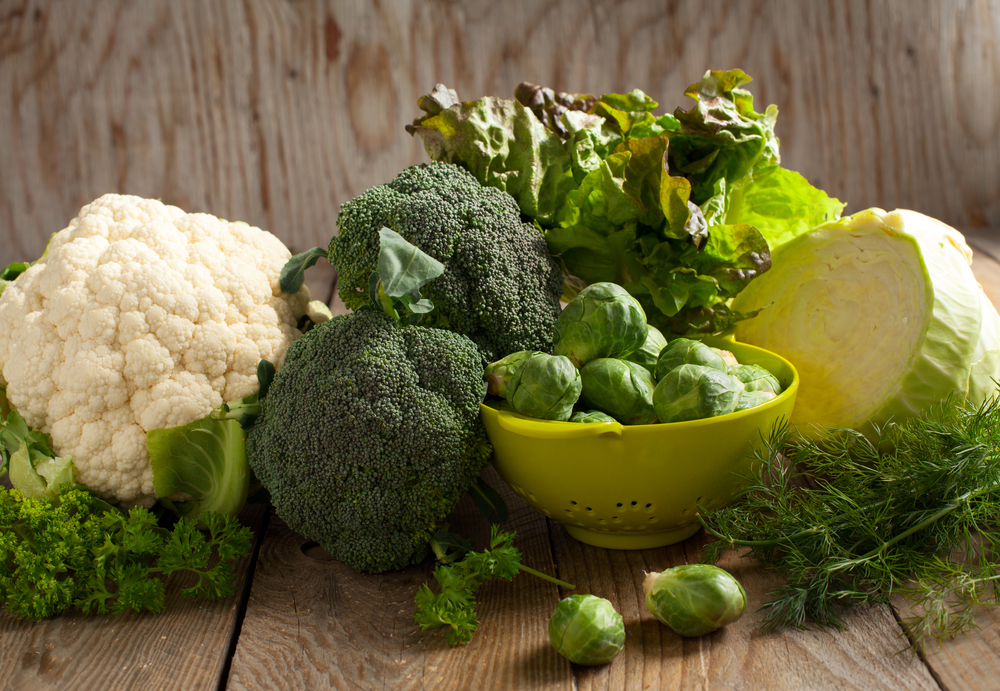Genes could be why you’re not a fan of greens

Often accused of not eating up your greens? It might not be your fault. A recent study from a US conference[i] suggests that some people have a gene that makes certain compounds in veg, such as broccoli, Brussels sprouts and cabbage, taste bitter. And this could be why you are not that keen to pile up your plate with these heart-healthy veg. Intriguingly, the same gene can also make some of us averse to dark chocolate, coffee and beer.
How late you eat can have an impact on your health

The later you have your last meal of the day after 6 p.m. the greater your risk of developing heart problems, at least if you’re female. So says recent US research[ii]. The study suggests it’s better to eat most of your calories earlier in the day for the sake of your blood pressure, BMI and long-term blood sugar control. Another reason to give late night nibbling a miss.
Drinking tea found to be good for your brain

Good news for regular tea drinkers. Researchers believe drinking tea could be good for the brain. According to a recent study[iii] carried out by the National University of Singapore in conjunction with the University of Essex and University of Cambridge those who drank either green, oolong or black tea at least four times a week for about 25 years had brain regions that were “interconnected in a more efficient way” than non tea drinkers. Next step is for the research team to examine the effects that tea, and bioactive compounds found in tea, have on cognitive decline. Watch this space.
Eating a healthy diet is good for you and good for the planet

Following a well-balanced diet is good for the planet as well as your health according to research from Oxford University[iv]. Including more wholegrain cereals, fruit, vegetables, nuts, legumes and vegetable oils high in unsaturated fats in your diet helps to protect against disease and your environmental impact say the researchers.
On the other hand, eating more red meat increases the risk of heart problems, stroke and diabetes and can damage the environment in several ways including increasing greenhouse emissions and causing more land to be converted to agriculture.
[i] https:/ www.sciencedaily.com/releases/2019/11/191111084916.htm
[ii]https://www.medicalnewstoday.com/articles/326990.php?utm_source=newsletter&utm_medium=email&utm_country=GB&utm_hcp=no&apid=&utm_campaign=MNT%20Weekly%20News%202019-11-13&utm_term=MNT%20Weekly%20News#1
[iii] https://news.nus.edu.sg/research/drinking-tea-improves-brain-health#main-content
[iv] http://www.sussex.ac.uk/broadcast/read/49415[iv] http://www.ox.ac.uk/news/2019-10-29-plant-based-foods-are-good-both-health-and-environment























Add comment